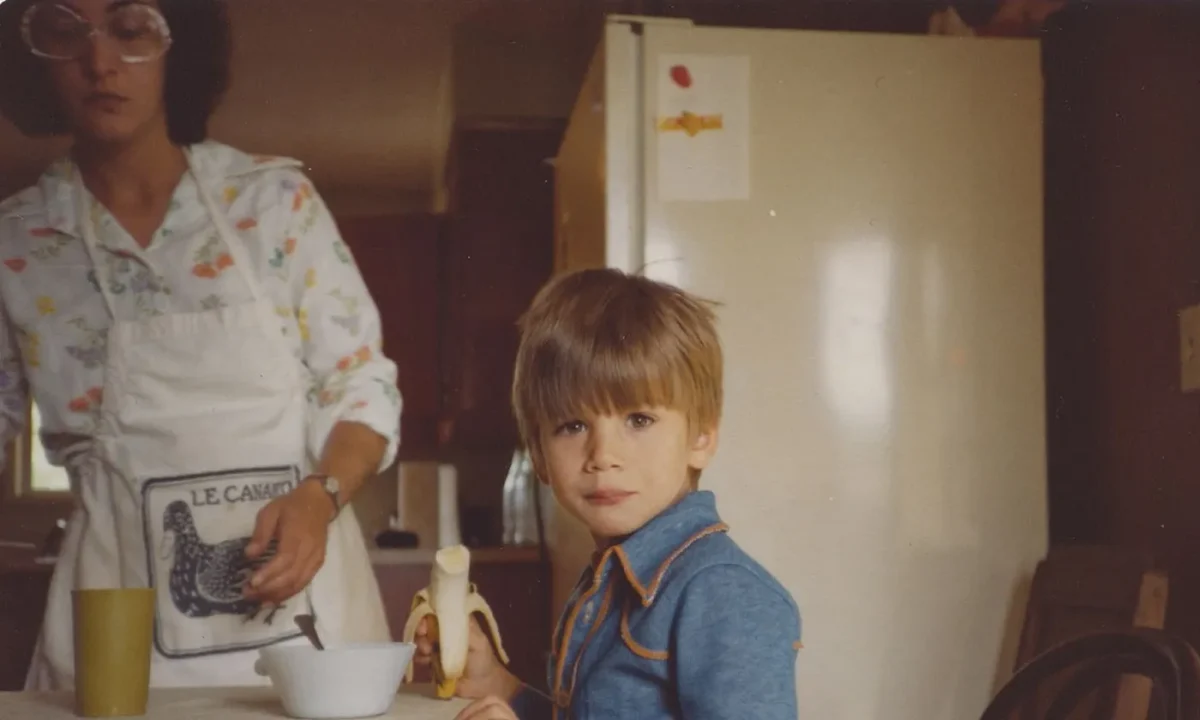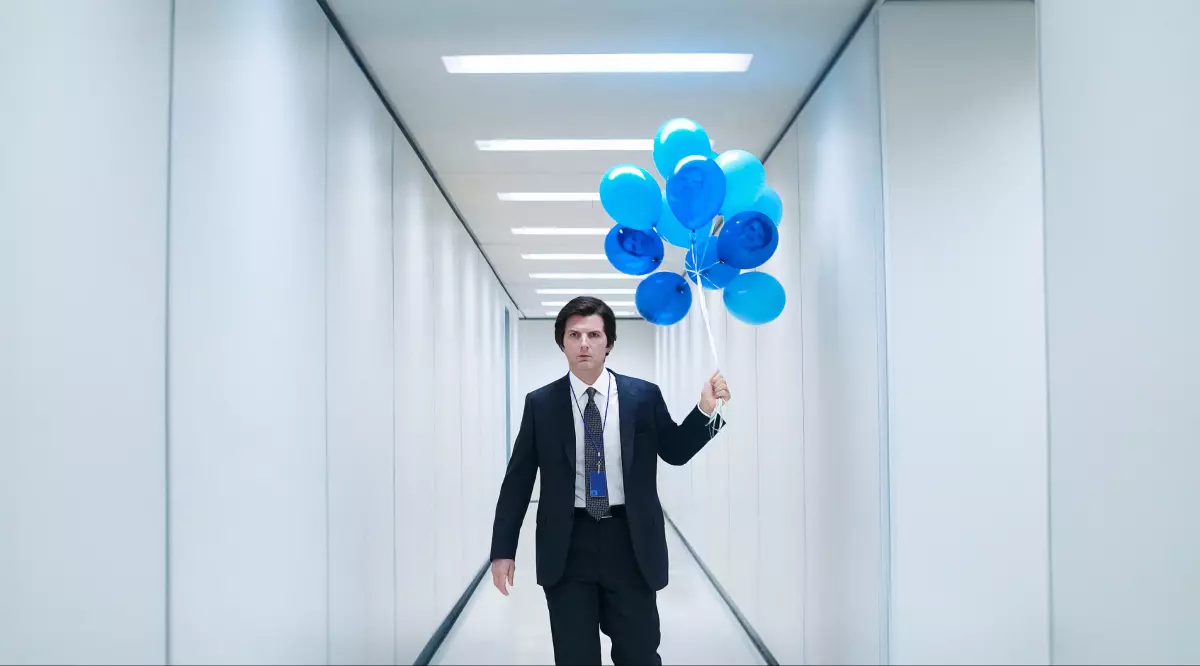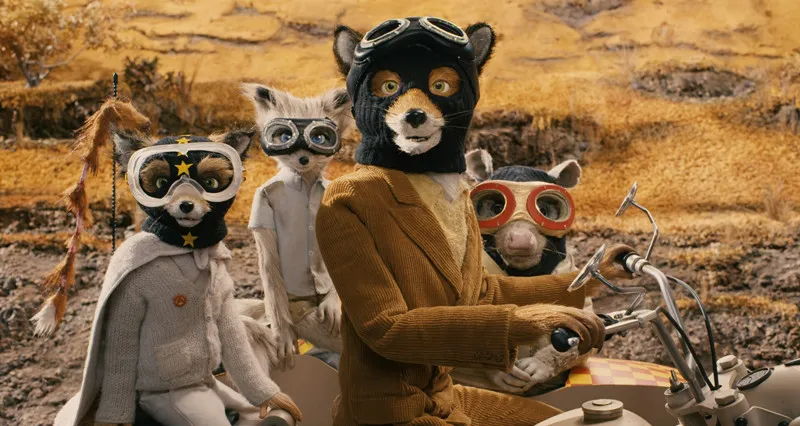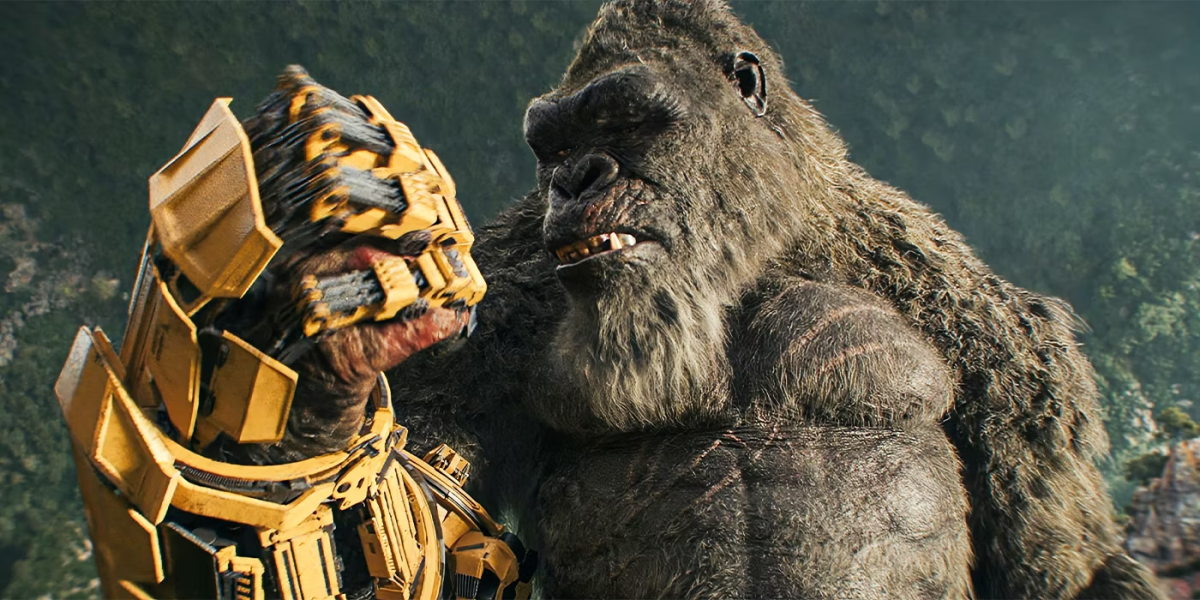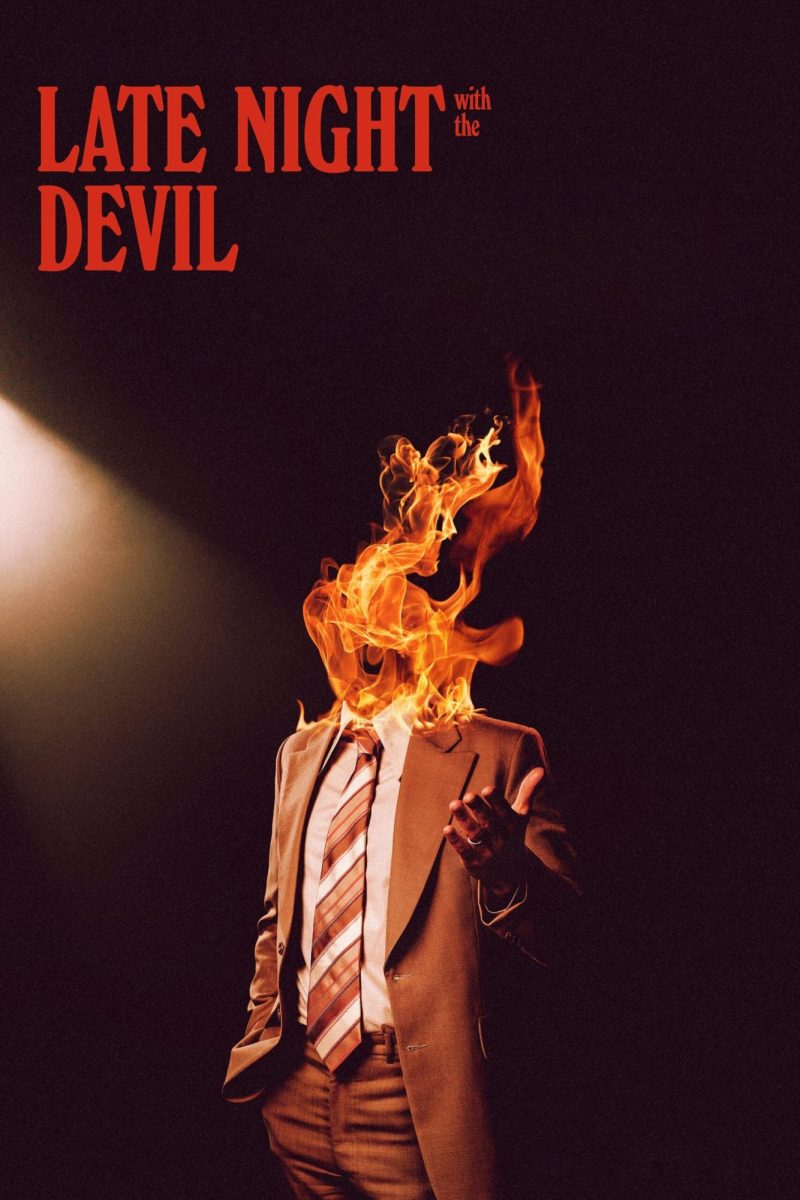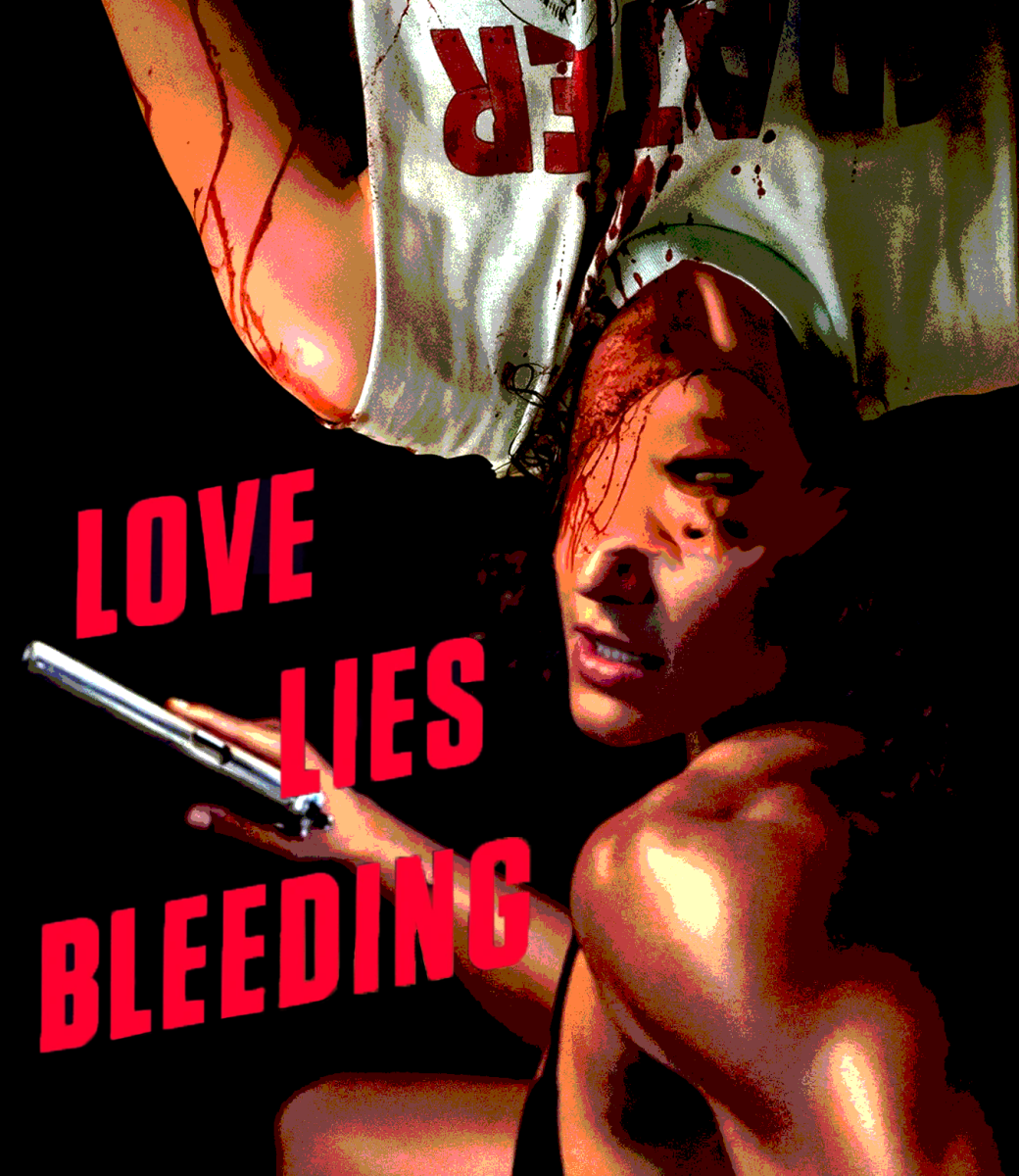Good afternoon folks of the jury, we are gathered today to discuss the case of “Coyote vs. Acme” vs. Zaslav. This case is brought to us today amidst allegations of unethical and immoral business practices on the part of one David Zaslav, current CEO of media conglomerate Warner Bros. Discovery (WB), by many on behalf of the new American Comedy film, “Coyote vs. Acme.” We will begin today by explaining who the invested parties are in the case, then we will explore their history with each other and attempt to come to a conclusion as to the extent to which these allegations may or may not hold water. Hopefully the facts of this case will not only shed light on the allegations at hand, but also on the going-ons of the entertainment industry as a whole.
The exciting new film “Coyote vs. Acme” is a mixture of animation and live-action with the spirit of “Who Framed Roger Rabbit?” that features Wile E. Coyote, the famous pursuant of Road Runner from Looney Toons. Coyote teams up with a human attorney, Will Forte, to sue Acme, the brand from which Mr. Coyote obtains his gadgets and gizmos, after their products continually fail him. Based on a series of cartoons from the 1990s, this film began production in 2018 with director Chris McKay signed on to produce. Through the next few years, the creative forces shuffled around ending with new writers Samy Burch and James Gunn, with John Cena cast as the main antagonist, the CEO of Acme. The filming wrapped in May 2022 and was slated to release July 21, 2023. If that is the case, then why have those of you in the jury likely never heard of the movie, let alone seen it?
Well, Looney Tunes is under the ownership of Warner Bros Discovery, the aforementioned media conglomerate, which has recently been dedicated to frustrating film-goers as frequently as possible with continuously egregious decisions in the management of their tentpole streamer, Max. So contentious have the decisions regarding their streamer been, that even in an era where criticizing streaming companies is the norm, Zaslav somehow still manages to be potentially the most hated CEO with The New Yorker calling him a “Hollywood Anti-Hero.” Taking up the mantle of CEO in 2021, Zaslav immediately began cutting costs and laying off workers. One example of his shift was the axing of two nearly completed projects, “Scoob!” and “Batgirl” for tax-purposes, essentially sending two feature-length films, and the collective efforts of hundreds of creatives to the graveyard in order to “reduce taxable income.” Zaslav has swung his scythe again at the fully finished product of “Coyote vs. Acme,” which was axed early November for a $30 million tax write-off with the project having cost around $72 million.
We will call three witnesses to the stand in the discussion of the case: test audiences, Oscar-winning composer Steven Price and director of the film, Dave Green. First we will call to the stand test audiences who will establish that this treatment of “Coyote vs. Acme” is not merely a continuation of WB’s already deplorable handling of previous projects, but instead an escalation as this project is both fully finished and has tested extremely positively with test audiences. While the narratives surrounding the previously axed projects centered around their not being ready for release or for an altogether falling short on promises, Warner Bros creating the facade of commitment to quality in light of the treatment of this new project indeed hints at something more nefarious.
We will then call to the stand Steven Price, who regards this decision by Zaslav and WB as “bizarre anti-art studio financial shenanigans,” adding that the film was mixed and finished. The testimony of Price will help us understand that the axing of this project sends a clear message to creatives that, even if you manage to finish your product on time and on budget, have big names, like John Cena and James Gunn, involved and manage to be received well, then you still are not safe from predatory business tactics. This is a sobering message to send, especially after the recently concluded SAG-AFTRA and WGA strikes.
Lastly we will speak to director Dave Green himself, who remarked that he is “beyond proud of the final product, and beyond devastated at WB’s decision.” Through these various testimonies you will come to understand the public outcry that has resulted from this decision, from industry peers of Green to casual film-goers. Indeed many took to calling WB and Zaslav ‘anti-art,’ with several filmmakers going so far as to cancel slated meetings with WB regarding future projects. Not only will these testimonies communicate a frustration with the practices of WB, but they will also cast light on a sector of the entertainment industry that seems to regard itself as much more industry than entertainment.
Though today’s trial will not be exclusively gloomy. The public outcry following this decision seems to have been heard by Warner Bros. They announced nearly a week after the decision to shelve the project that they would now let Dave Green shop the film around for potential buyers like Netflix or Amazon. While it is not guaranteed that this film will be picked up, at least there is a new hope for what sounds like an exciting creative endeavor and, by all indications, appears to be a quality popcorn-flick. However, even if the film does come to find a happy ending it cannot be forgotten that this glimmer of hope is not an example of philanthropic or caring management of creative assets and works by Zaslav and WB, but instead an attempt to counteract negative press and potentially make a prettier penny than would have been had by the tax write-off. While some merely refer to these practices as the ruthlessness required in running a business, running a business does not require wreaking havoc on the creativity, jobs and livelihood of many of those involved, regardless of if streaming wars make it seem this way. Do not forget, members of the jury, that amidst the pandemic, when many were struggling financially, Zaslav received $13.1 million in stock awards, $22 million in other compensation, and a $4.4 million bonus. It seems fitting that a film about a powerless and voiceless consumer taking on a predatory company pushing faulty products is able to shine a light on the disingenuous practices that Zaslav and WB take part in.
Today’s case is, at its root, an exploration of the intentions of the forces at the wheel of today’s Hollywood, and the entertainment industry as a whole. It will bring several issues to the fore, such as the tax-incentives in place to incentivize such an act, the goals of the heads of these departments as ones that are both pro-profit and anti-art and to what extent the suppliers actually do respond to a demand rather than attempting to generate it. The burden of proof in today’s case lies upon Zaslav, and even his peers Sarandos and Iger, to prove that they do in fact belong in charge of these media companies and conglomerates by running a business that emphasizes either the quality of its creative products or the freedom of the creatives behind those products. If, as the CEOs at the head of the entertainment industry, they are unable to do this then it is up to you as the jury to judge whether they belong there or not. For these reasons, after the presentation of this evidence, we will ask you to rule in favor of “Coyote vs. Acme” over Zaslav. If the court of public opinion proves once again to be an insufficient means of creating change in an industry that is supposed to answer to the demands of its consumers, perhaps we will have to reevaluate the ways in which we communicate our desires and come to understand that severity may be necessary. Thank you.




